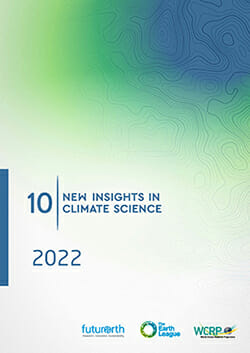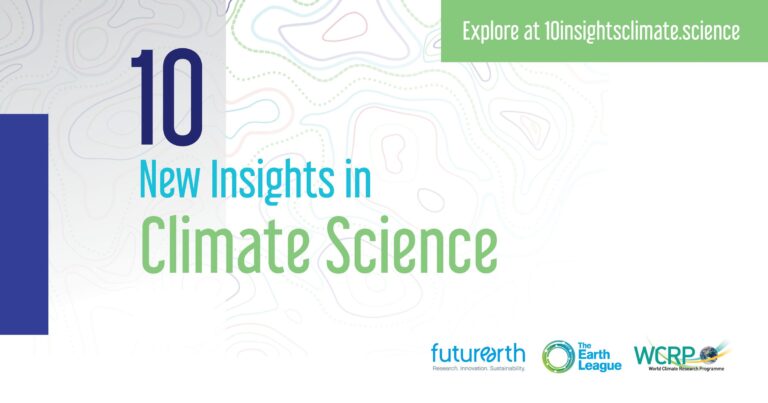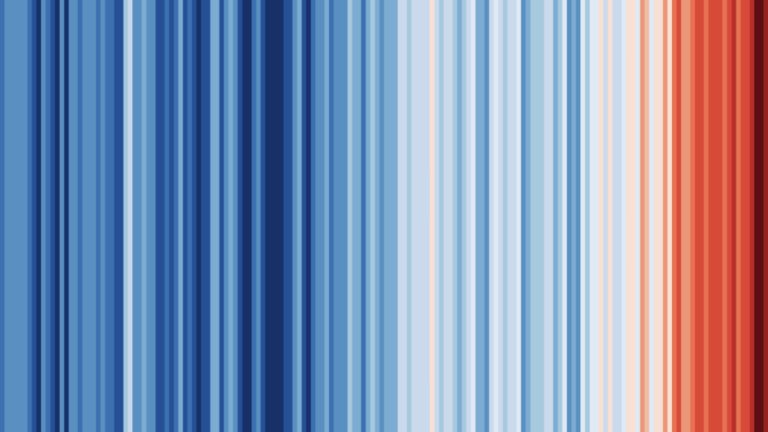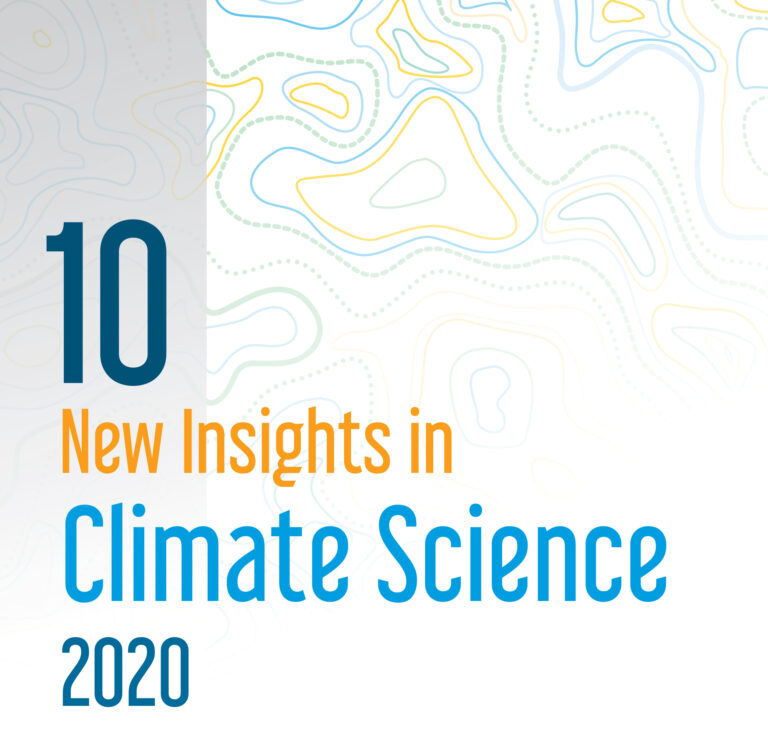News
Top 10 Climate Science Insights Unveiled
The report findings underscore the looming inevitability of overshooting the Paris Agreement’s 1.5°C global warming target, emphasizing the urgency of a rapid and managed fossil fuel phase-out. On December 3,
The Earth League will be at COP28
Please join us at COP28 in Dubai, United Arab Emirates for a series of presentations and discussions featuring the work of the Earth League. 10 Must-haves Panel Discussion, led by
The Earth League is grieving for Saleemul Huq
The Earth League deeply mourns the passing of Professor Saleemul Huq on October 28, 2023. His work and impactful contributions in the field of climate adaptation and development are immeasurable,
‘10 Must-haves’ Intelligence Briefing Published in Global Sustainability
Accelerating transformations for a just, sustainable future: 10 ‘Must Haves’, has now been published as Open Access (OA) in Global Sustainability! The 10 Must-haves initiative aims to identify the pathways
Global Futures Conference 2023
The 2023 Global Futures Conference took place over a 3-day period, between September 19th – 21st at the Javits Center in New York City. It coincided with New York Climate

Requesting input for this year’s 10 New Insights in Climate Science
The 10 New Insights in Climate Science series, jointly developed by The Earth League, Future Earth, and the World Climate Research Programme (WCRP), is an annual synthesis highlighting essential recent

Leading Scientists Highlight 10 Essential Climate Science Insights for 2022
Researchers stress that only through ambitious mitigation efforts and systemic transformation, can we avoid facing widespread limits to adaptation, and increased losses and damages Read the report here. On November
Expert Elicitation Open Until May 13, 2022
Please join us in developing a bold but actionable set of levers for global transformational change. The Earth League, led by co-chairs Peter Schlosser and Johan Rockström, is committed to

Call for Topics: 10 New Insights in Climate Science 2022
The Earth League, Future Earth, and the World Climate Research Programme (WCRP) have been preparing 10 New Insights in Climate Science policy reports for six consecutive years, all officially received

Can we still limit global warming to 1.5 °C by 2100?
And, do we rely too much on so-called ‘silver bullet’-solutions in the known scenarios? These are two of the central questions of a recent publication by Waszawski et al. published
Nobel Prize Summit ‘Our Planet, Our Future’: Registration Now Open
From Al Gore and Xiye Bastida to the Dalai Lama and Jennifer Doudna – these and many more renowned leaders will take part in the first Nobel Prize Summit, “Our

The Earth League, UNFCCC launch 10 New Insights of Climate Science
Unaccounted emissions from permafrost, threats to the land sink, impacts on mental health and freshwater, COVID-19 outcomes, and rights-based litigation to address climate change. These are some of the most